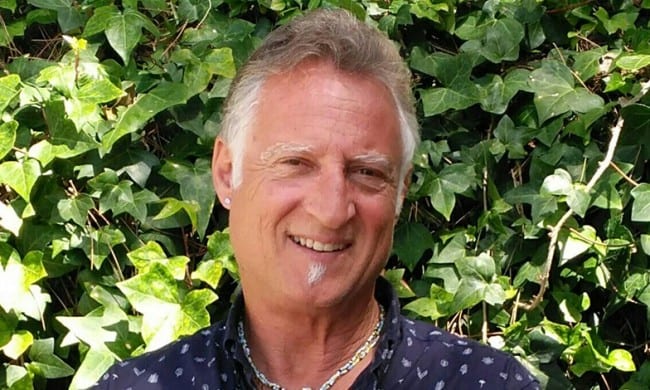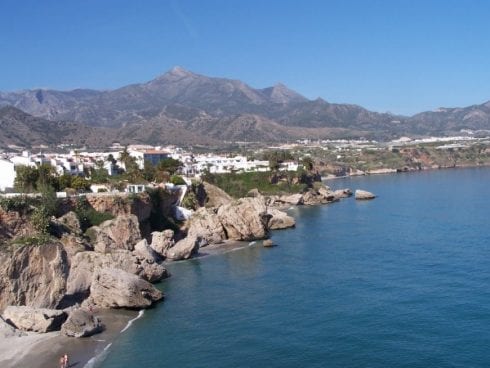
THIS article is based purely on my personal experience attained over the past 23 years of living here in beautiful Spain.
When I arrived at the beginning of 1993 I was not an expert on the laws, culture or language, just eager to live ‘The Spanish Dream’. Hence, over all these years I have not only been educated in the Spanish lifestyle, culture, and language but also the peculiarities of what it is to be an expat in this society.
They say buying a property is a stressful experience. It can – but need not – be, with the right attitude and with proper assistance at hand.
One needs to appreciate from the outset that all estate agencies are in the business to sell what they have on their books, whether they have exclusivity on the product or not, for they live off the commission from every sale paid to them by the seller.
No buyer should be asked to pay a commission on any purchase. If you wish to optimise your purchase, it’s advisable to have an independent assessor who understands the mechanisms of the market and is there to solely look after your interests. This needn’t be a lawyer. You need someone with integrity, who is transparent and efficient, who should be consulted before any offer or deposit is paid. Why? Many reasons:
For example: the square metres advertised needs to be carefully checked with that stated on the Nota Simple (the document from the Register of Properties every seller should provide on request). This document will also tell the buyer the history of the property including debts and disputes, etc. This needs to be checked against the agency or seller’s details.
Always seek out the local authority IBI document (council property tax).
Also, inquire about service charges, electricity, water costs and community charges if applicable. If you think after your research that you are getting a bargain, always ask why!
Think carefully in relation to construction, neighbourhood, neighbours, local services, security, etc. Remember to ask the agency or seller for a complete breakdown of all the costs related to the purchase. These are costs that a buyer needs to pay normally at the time of purchase, at the notary’s office. Do not accept percentages. Ask for a complete cost breakdown including taxes, IVA, notary charges, registry fee, council charges, lawyers etc.
Also clarify what is expected for the buyer and the seller to pay. All of this must be considered at the time of negotiation. Once the price is agreed and a holding deposit paid, it will be too late to pull out of the purchase without forfeiting the deposit. Similarly, ensure that at the time of deposit payment the contract clearly states that if the seller reneges on the deal his or her liability is to reimburse twice the amount of the deposit paid.
It should also be stipulated that any deposit paid needs to be held on deposit and not released until the purchase is completed. It is important to ask if all the contents of the property are included in the asking price. This is normal in Spain unless otherwise stated.
Finally be clear as to why and for what purpose you are buying in Spain.
If you are sure of your purpose and your objective is clear, then on finding the property, ensure it satisfies your objective in every respect without doubt. Never rush into a purchase without being 100% sure it meets your criteria. Stay well and don’t hesitate to drop me a line if you have any queries. You can reach me on 692212567 or leonc052@gmail.com





1. Nota Simple. Mine is a document supplied by the notary, not the Registro.
2. Yes, the Registro file needs to be checked, if the title is registered.
3. There is also the Catastro file to be checked. As with the Registro, the plan and its details of the property might be different. Which is not good . . .
4. There needs to be a written contract (contrato privado) for there to be any likelihood of getting your deposit back should the seller renege.
5. It might be difficult to get the deposit placed on escrow; agents normally like to hold the deposit.
Pleased to see the advice not to pay commission to the agent. I have seen examples of outrageous fees taken from British buyers, in addition to that obtained from the seller.
In the bad old boom days, anyone & everyone could and did become an estate agent, promoter, even developer, mis-selling was rife all due to huge commissions!
Leon you describe yourself as ‘Former fashion/textile designer-cum-developer-cum-hotel owner’
which is quite a list, yet offer OP readers the ‘best advice on relocating to sunny Spain’, how?
Alas none of the advice here would protect you from issues such as Marbella’s recent retrospective changing of the PGOU (urban plan) which can make your property illegal overnight. In Spain there is just no knowing what will come along in terms of laws and regulations. Leon’s articles are all good advice, but naive in terms of the reality.
Advice from estate agents? See a good lawyer. Estate agents, British or otherwise work for the seller, even those who contribute advice to OP readers.
Don’t trust politicians or ‘estate agents’ is the sound advice of our attorney. Once you buy, the hidden problems are transferred with the property.